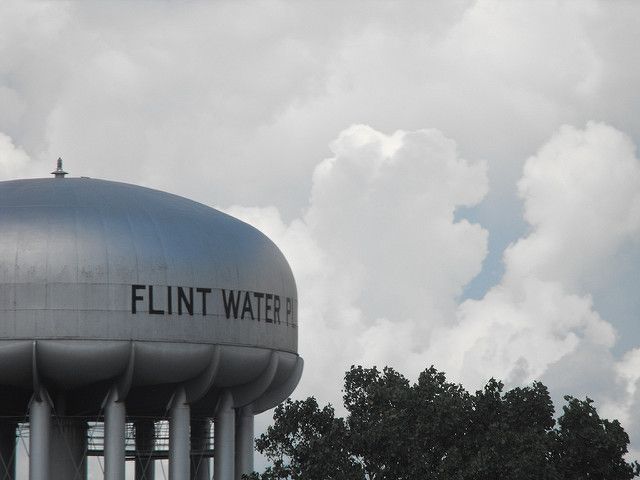The United States has one of the most advanced legal and institutional systems in the world that seeks to ensure access to information, public participation and access to justice in environmental matters. At the national level, the specific mechanisms are found in federal statutes and regulations; generally speaking, there is no explicit constitutional right of access to information, participation, or justice. At the state and local level, innovative approaches provide models that may be extended to other states or scaled-up for federal programs. A strong NGO sector facilitates public participation in decision-making and develops information in user-friendly formats. Technology such as the Internet is widely available and used regularly to solicit public input and disseminate data and ideas. Finally, environmental education is increasingly incorporated into primary and secondary school curricula. Since the terrorist attacks of September 11, 2001, a number of steps have been taken to limit public access to information. It remains to be seen whether this narrowing of access is temporary or permanent, bona fide or opportunistic.
United States
Region
North America
2.16
Environmental Democracy Index Score
The United States scored well on transparency, participation and justice. The Freedom of Information Act (FOIA) provides access to environmental information on request and narrowly defines information that can be withheld. All relevant agencies are required to make environmental quality and health information proactively available to the public. While the Clean Water Act requires biennial reports of water quality, there is no longer a requirement to produce state of the environment reports in the United States. With regard to participation, government agencies must provide opportunities for the public to participate in a broad range of environmental decision making. These opportunities must be provided before a final decision is made, and agencies are required to consider submitted comments, as made clear by the courts. The United States also scored well on access to justice largely because it allows the public to challenge actions taken by the government. It also provides for citizen suits, allowing individuals to pursue enforcement actions against private actors when they violate established environmental standards. However there are few positive measures to address financial or nonfinancial barriers to justice. Overall, the United States scored well on the EDI assessment and could continue to promote environmental democracy by ensuring that the public is well informed, has ample opportunities to participate, and can access justice.
Visit the Environmental Democracy Index to explore the EDI score.

